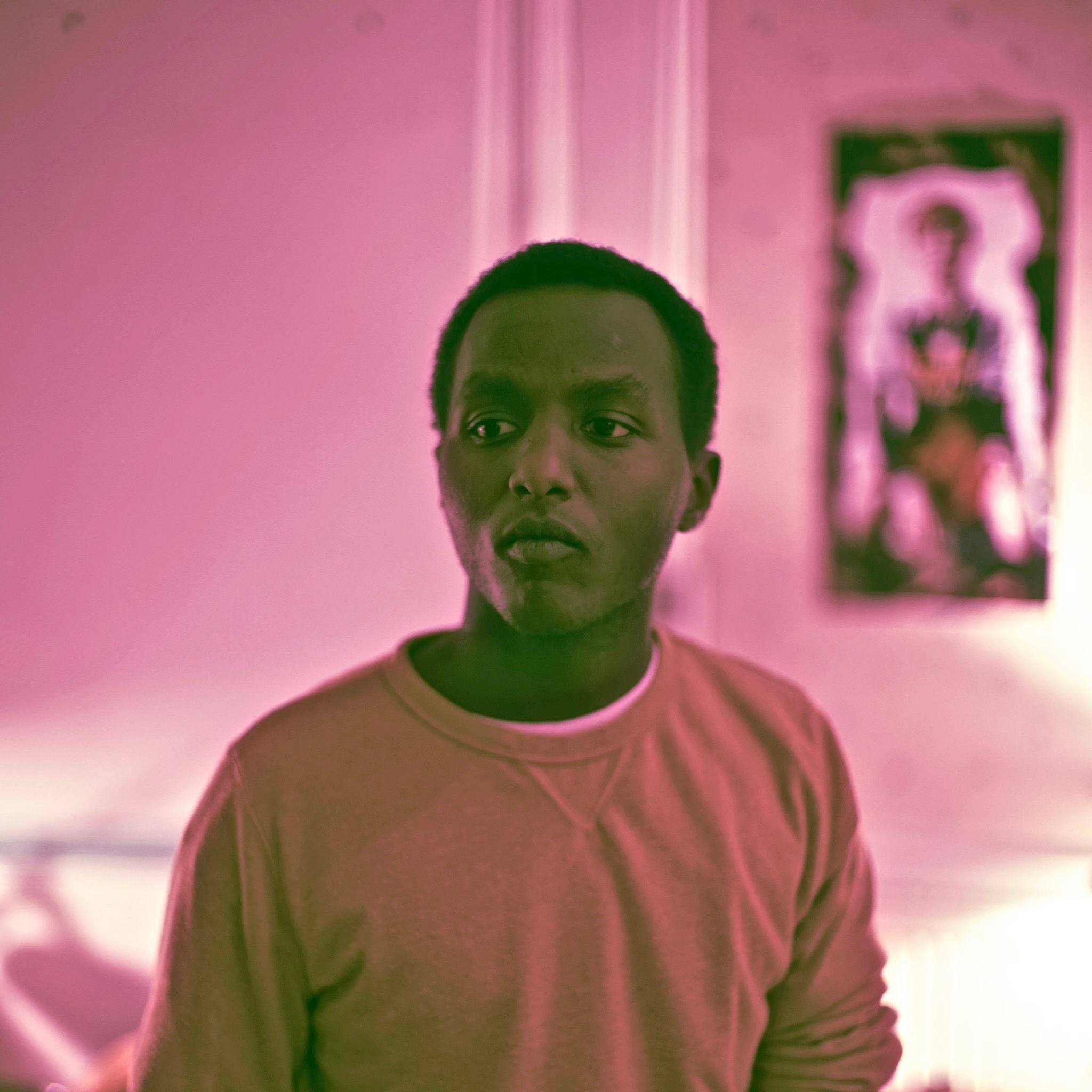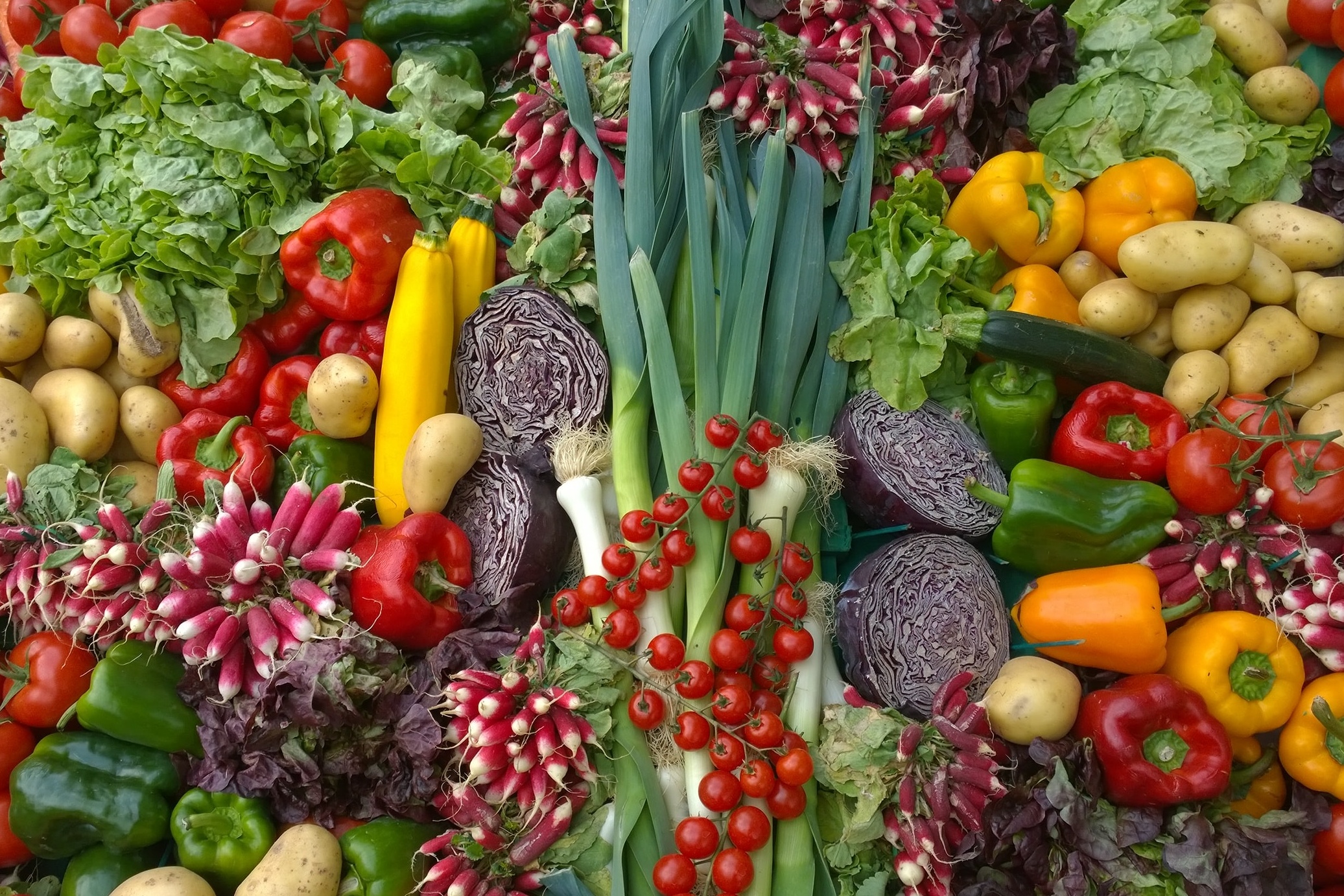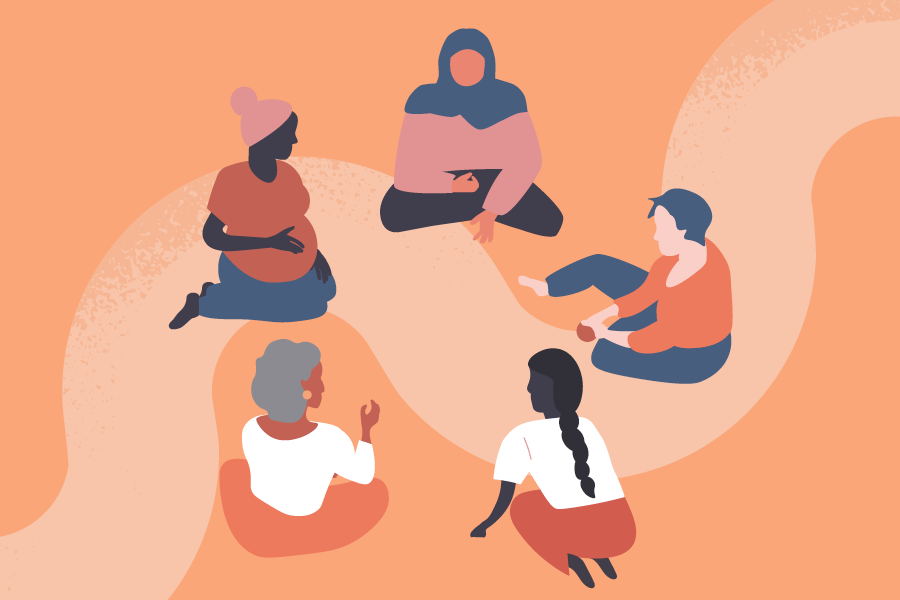In brief
Enrol Yourself takes a relationship-centred approach to lifelong learning, connecting adults into peer groups that help each individual multiply their learning over 6 months. Enrol Yourself train ‘Hosts’ who lead these peer groups. We’re featuring a mini blog series, where in each piece, an Enrol Yourself Host reflects on their practice of building strong relationships, as a facilitator. In this blog, James Kite reflects on what we can learn from neurophysiology and companion planting when it comes to peer learning.

James Kite
James is a social arts producer exploring the art of community building. He is planning on hosting a Learning Marathon that embodies the wholeness of being by bringing together those who are analytically minded alongside creative types.
Follow him on Instagram, Twitter or connect with him on LinkedIn.
It’s 11 am on a snowy Sunday morning and I’ve just got off the phone with my dear friend Fayomi. Our conversation covered everything from work to family, friends and health. One of the highlights of our conversation was Fayomi’s promotion at work. As a software engineer, the nature of Fayomi’s work is technical and goal orientated. I feel this gives Fayomi a grounded outlook on life. This outlook is ever so subtly reflected in the sort of conversation we have whenever we get together.
Although our conversations are broad and diverse I have come to appreciate the fact that our conversations rarely delve into metaphysics, spirituality or macro trends of where the world is going. If I had to map the trajectory of our conversations I would say that I am inclined to talk about the macro picture and abstraction of living, while Fayomi talks about the micro and the quantifiable aspects of life.
The reason I bring up these seemingly banal observations of a conversation is that, contained within it, is a microcosm of broader life lessons and insights that, if properly cultivated, can lead to some of the most nourishing bonds and life experiences. There are lessons in everything from our neurophysiology to how it’s expressed in a wider social context.
Observing your Neurophysiology
The act of observing your heart rate and thought pattern throughout the day is a good place to start if you want to cultivate healthier social bonds. By simply observing your neurophysiological state you get an insight into what you are reacting to, both positively and negatively. You get a better understanding of who you are in relation to others and of the ways in which you can be an active agent in shaping your experience.
This foundational act of self-reflection allows you to be more open and receptive to a variety of perspectives, worldviews and insights that you may have neglected in the past.
Landscape of connection
Once you have a better understanding of yourself and your tendencies in social settings, you can start to map out the wider circle of connections around you. You can start to observe the pattern of connections you have and the content and quality of your conversation. In the process of doing this, you may start to notice some gaps in the type of conversations you have.
When I reflect on my own landscape of connection, I see that different relationships nourish me with different types of conversation. With Fayoumi, I explore the microcosms of everyday life; with other friends, I explore abstract concepts and macro trends. Together, I’m able to explore the full spectrum of life.
Companion planting
At this point of observing yourself and your social circle, you can start to recognize patterns in the way conversations flow. Insights, joy and meaningful connections tend to emerge from the relationship between people rather than a single individual’s observation. Once that’s recognized, you can start fostering collective learning by joining peer groups, actively shedding the age-old notion of top-down learning and paving the way for new decentralised ways of learning and connecting.
When thinking of peer groups, the three-sister planting method comes to mind.
This method is a well-known permaculture and Native American method of planting corn, beans and squash close to each other for mutual support and sustenance. In this method of growing, each plant plays a unique and important role in the flourishing of each vegetable.

“The corn provides a strong upright stake for the beans to climb up… These bean plants also act as ‘guy ropes’ for the corn, keeping it stable in the wind. The squash plants are trained to trail around the foot of each corn/bean combo, their broad leaves shading the soil, keeping it moist and suppressing the weeds. A further benefit of the Three Sisters scheme is the ability of the beans to nourish the soil. Peas and beans are all able to fix nitrogen from the air through their roots in the soil. As nitrogen is one of the main nutrients required by plants, especially leafy plants, this means that the soil is left enriched after the Three Sisters crops have been harvested, ready for the next year’s planting. It’s a highly sustainable planting scheme.”
This mutually beneficial process of growing vegetables is a strong principle that can be translated into the way I engage with friends, family and the peer group I will be hosting with Enrol Yourself over the next 6 months – helping people collectively expand their worldview and capacity to engage with the world. The more I practice this interconnected way of viewing relationships, the more nourishing I find my personal and professional connections.
So, with all of this in mind, the question becomes: how are you cultivating, pruning and taking care of your relationships garden? What opportunities could you take that makes it possible for your circle of peers and your conversations to have more biodiversity?
Further inspiration
- Chloe Valdray @cvaldary through the Theory of Enchantment
- Kerstin Rodgers
- Peer Learning with James Kite at Enrol Yourself
Read more

A relational approach to public policy: why it’s now essential
Introduction Nine months have passed since the general election. A new PM and a new generation of ministers have settled into post. They have had time to assess the legacy from the last administration and familiarise themselves with the ongoing work of every...

Our plans for a Relational Practice Academy: Where we’ve got to
In David Robsinon’s LSE lecture in 2023, he talked about the idea of responding to the increasing demand for knowledge about relationship-centred practice by developing a new training institution. We published a blog last autumn setting out more detail and invited...
